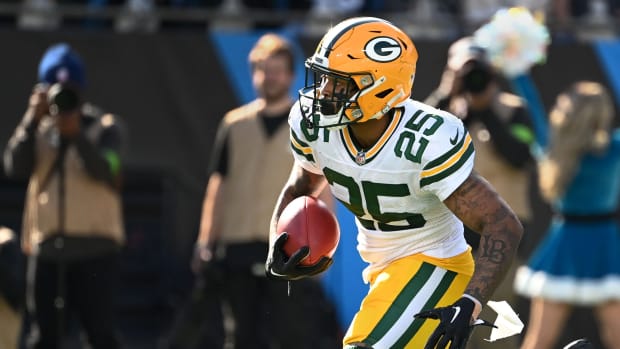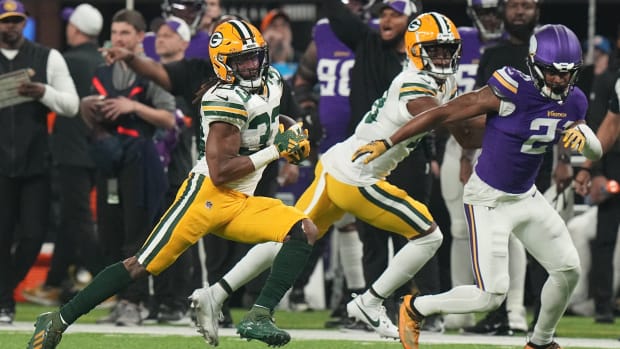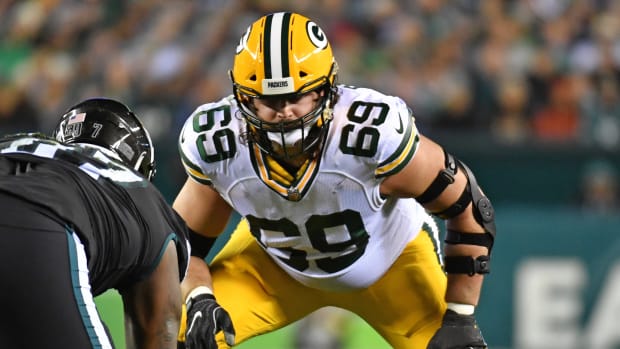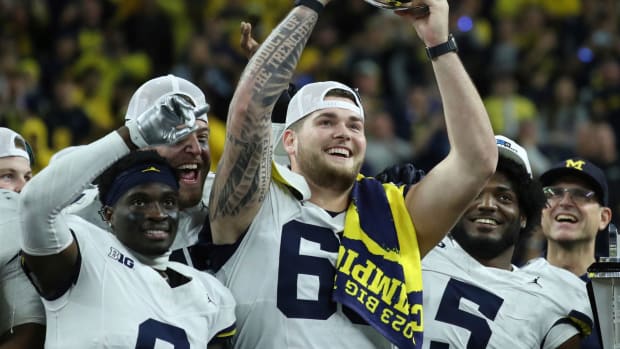Happy Birthday: 50 Years of ‘Monday Night Football’
When the Green Bay Packers host the Atlanta Falcons, they’ll be part the historic 50th season of “Monday Night Football.”
ABC’s entry into professional sports changed the way the game was covered. That was evident in the first “MNF” game between the Cleveland Browns and New York Jets on Sept. 21, 1970.
Four years earlier, the man who would procure the initial rights to “Monday Night Football,” ABC Sports president Roone Arledge, contributed a guest column for Sports Illustrated. “There’s no sense unduly emphasizing bloodshed, but guys do get hurt in football, and to pretend otherwise is simply childish,” he wrote. “I’ve seen an ambulance come out on the field and the announcer claim there’s a lull in the play.”
So, when Browns receiver Gary Collins got knocked out in the third quarter, there were the ABC cameras showing the trainers with smelling salts.
Arledge made each broadcast an event. He would use nine cameras – not the three or four used by other networks for their Sunday coverage – with a second unit dedicated to replays. They would tell stories. “I hesitate to say it – even whisper it – but I was thinking about women,” he wrote. “The other half of the viewing audience.”
The pictures would be different, and so would the words. Howard Cosell was on nobody’s list of most popular broadcasters in America. That’s why Arledge hired him.
“I hired Howard to let people know I’m tired of football being treated like a religion,” Arledge told SI in 1971. “The games aren’t played at Westminster Abbey. It’s just a bunch of guys hitting each other.”
Shortly before the first “MNF” broadcast, Cosell said, “TV announcing must change. People will no longer buy the shilling for ball clubs that takes place today. A new announcing approach must be formulated. In fact, I predict in the future you’ll need tougher Howard Cosells in broadcasting.”




